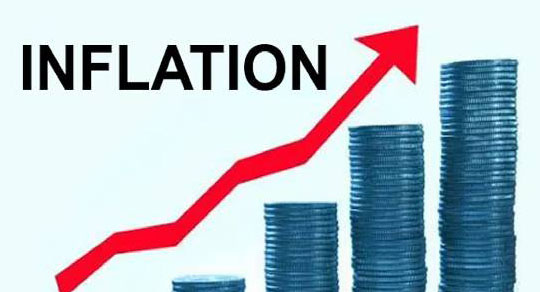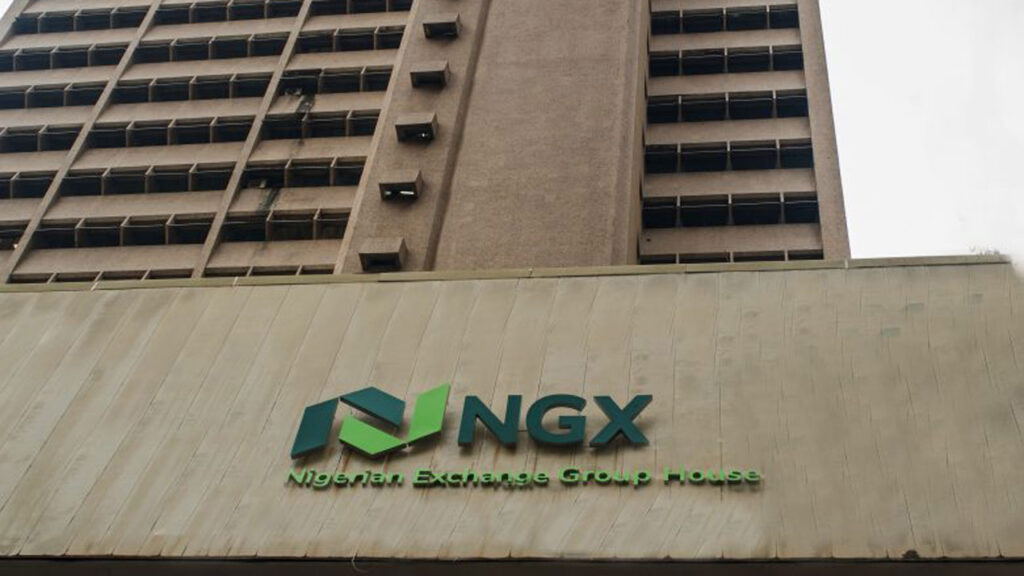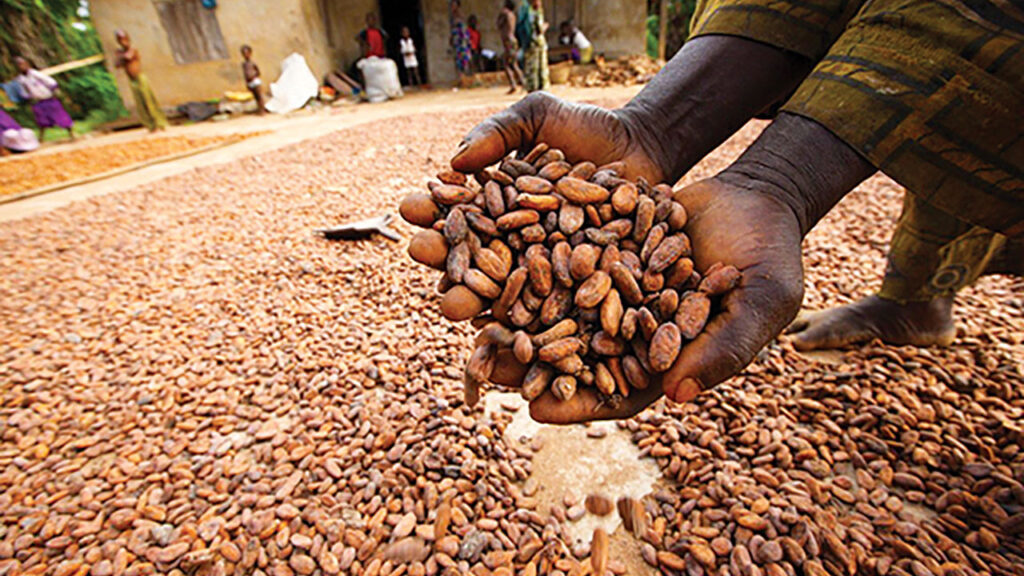
Inflation rate has been projected to reach 32.77 per cent this month.
The projection is hinged on the prediction that harvest depletion would sustain price pressure in the food basket, leading to a month-on-month increase of 3.29 per cent for food inflation.
According to Cordros Capital Research, headline inflation remained elevated, rising by 180bps to 31.7 per cent year-on-year (YoY) in February (January 29.9 per cent YoY), occasioned by increased consumer prices on the back of low food supply relative to demand, lingering currency pressures, and higher energy prices, amid the unfavourable base effects from the prior year.
“We highlight broad-based pressures across the food and core baskets. Precisely, food inflation (+251bps to 37.92 per cent y/y) remained at a 19-year high, while the core inflation (+154bps to 25.13 per cent y/y) settled at the highest level since March 2004 (32.6 per cent). On a month-on-month basis, consumer prices surged by 48bps to 3.12 per cent (January: +2.64 per cent m/m), the highest point in six months.
“On our outlook, we identify the CBN’s efforts to stabilize the naira, recognizing the high pass-through effect on domestic prices. These efforts include improved dollar supply from the CBN to the forex market, monetary tightening, and higher domestic interest rates,” they noted
Based on the aforementioned, the experts predicted a less volatile naira this month, compared to previous months, thus moderating the impact of currency volatility on price increases in March.
Consequently, the analysts forecasted core inflation to print lower by 10bps to 1.98.per cent MoM in March.
However, they expected harvest depletion to sustain price pressures within the food basket, leading to a MoM increase of 3.29 per cent for food inflation.
“Broadly, we forecast headline inflation to print at 2.69 per cent MoM, resulting in a YoY increase of 107bps to 32.77 per cent.”
The recently released data by the National Bureau of Statistics (NBS), which indicated that collections from the Company’s Income Tax (CIT) increased by 49.9 per cent YoY to N1.13 trillion in Q4, 2023 (Q4, 2022 N753.88 billion), bringing the total CIT collection to N4.90 trillion in 2023 full year (FY) (2022FY, N2.83 trillion), the experts noted that the increase was due to broad-based growth across foreign CIT payments (+49.0 YoY to N596.1 billion) and local collections (+50.9 per cent YoY to N533.93 billion), in addition to currency depreciation which also supported the substantial increase in foreign collections,” the noted.
However, the expert noted that the CIT collection declined by 35.4 per cent on a quarter-on-quarter basis in Q4, 23 (against Q3, 2023: +13 per cent q/q to N1.75 trillion) due to the impact of the weak macro economy on corporate earnings.
They added: “Looking ahead, we expect CIT collections to increase in the near term in line with the tax provisions of the 2023 Finance Act and Fiscal Policy measures.
“Notwithstanding, we anticipate key risks including FX illiquidity, weak consumer demand, and high energy costs which could potentially weaken corporate earnings and CIT collections over the short to medium term.”













